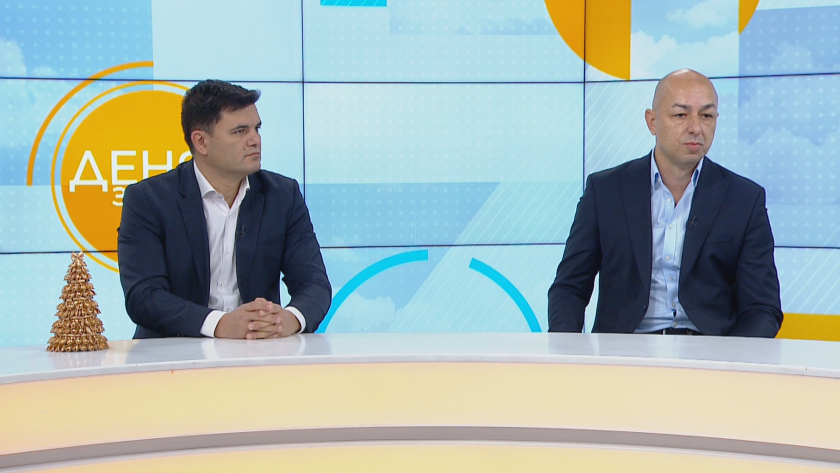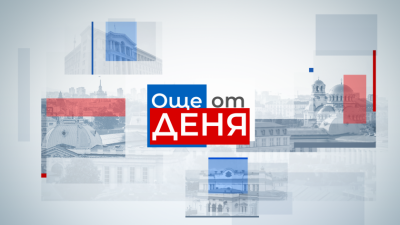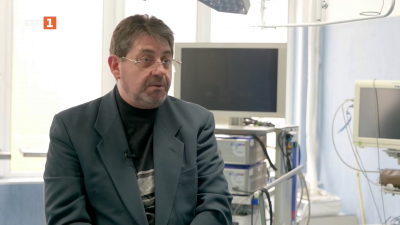Economists: We are facing a winter with a high rate of inflation and a general increase in prices

We are facing the winter with a relatively strong recovery from the shock of last year's pandemic, and we are also facing high inflation rate, this time not just with an isolated increase in some energy prices, but with a much more serious overall increase in prices, economist Lachezar Bogdanov told BNT on December 6.
The question is to what extent we will be in the recovery phase next year. At the moment we first had a shock of consumption, then for a number of reasons there was a calm, now we have something like Christmas came early, but this is growth driven by consumption, the question is when we will have a more serious change in investment.
Shteryo Nozharov - economic adviser to BIA, announced that during the pandemic period the consolidated debt in the general government sector has increased by 30%.
"The economy has flashes of recovery, GDP is growing much less than expected. We are not aware of whether energy prices will calm down, we are not aware of whether there will be a new suspension of business in 2022 because of the new coronavirus variant. The pace of vaccination remains low, which is why the effects are greater, we also have effects from international markets and the eurozone, these signs are alarming," said Nozharov.
If we do not start talking from now on, in the period between 2025 - 2030 the problems will press us and can lead to a serious stopping of the economy, Nozharov warned.
"The paradox is that the more debt we take, the more government debt decreases as it is passed on to citizens. Debt increases inflation, inflation increases the collection of public revenues, and debt decreases at the expense of personal disposable income," Shteryo Nozharov said.
"When the economy is in recession, in crisis, when the minimum wage increases, the rate of unemployment increases. This shows that in the crisis, the minimum wage should not increase," he said, citing an analysis of the Bulgarian economy for the past 20 years.
"The most sensible thing is to develop a mechanism that provides predictability. When the economy is developing well, then the economy can afford a little more increase in the minimum wage. This should be a mechanism based on reasonable and objective indicators around which to have a consensus,” added Bogdanov.
Regarding the reduction of the administration by 30% announced by Asen Vassilev, Bogdanov said that we are now in a situation where most of these people will find work in the private sector, as they are qualified.
According to Shteryo Nozharov, in order for this process to be sustainable, the structure of the new government must be seen.
Get the latest news wherever you are!
Follow us on
Facebook
and
Instagram
Follow BNT’s YouTube channel
You can now also watch us on
TikTok
Find us on
Google News























